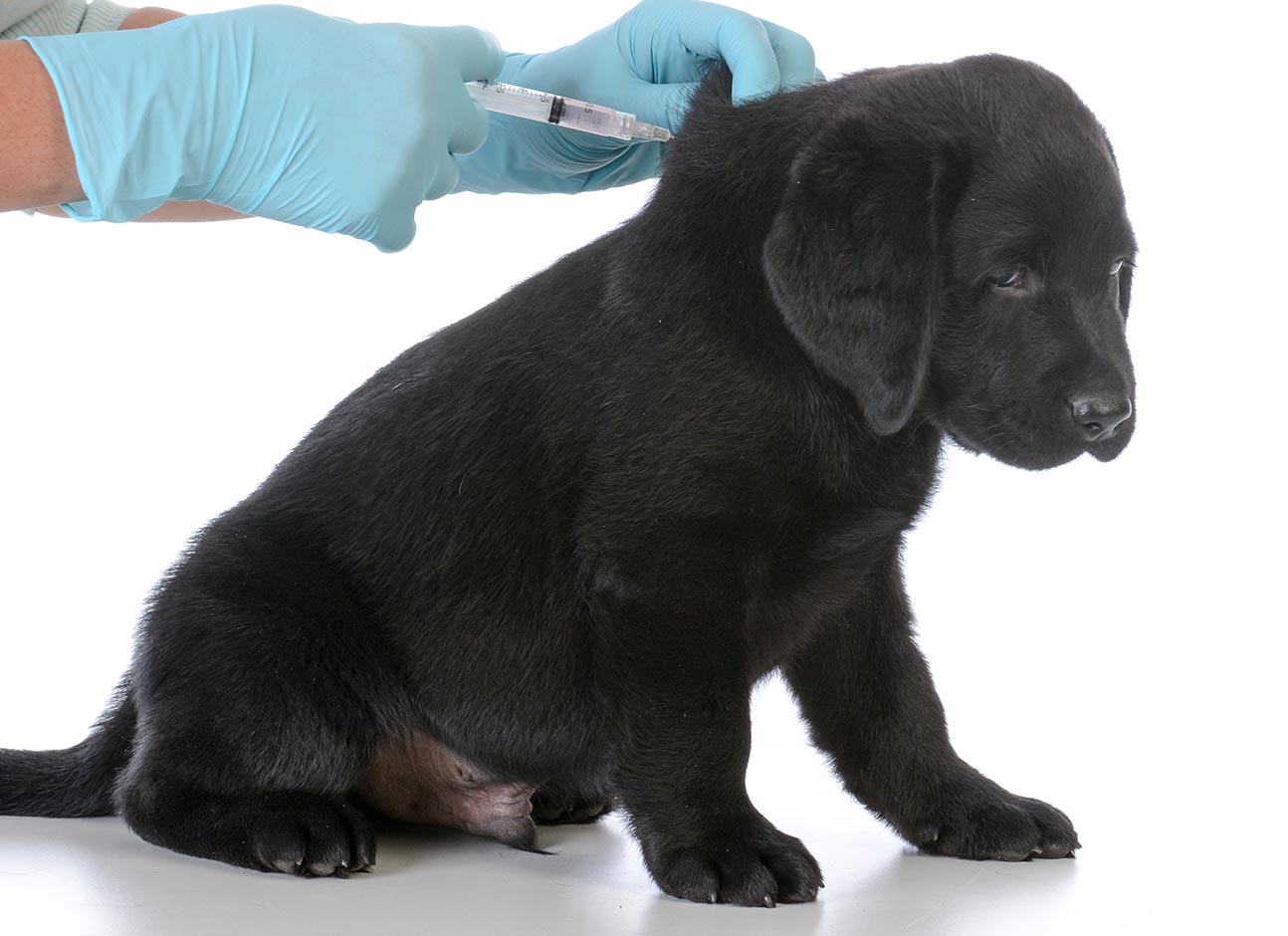Parvovirus is a highly contagious virus that can infect dogs, cats, and ferrets. It’s called parvo for short, and it causes nausea and vomiting in infected animals.
But there’s good news: Parvovirus isn’t fatal for most dogs; it’s just uncomfortable for them for a few days or weeks while they recover from the illness. The length of time your dog will be isolated depends on how sick he is and whether or not he’s been vaccinated against the virus.
How Long to Isolate a Dog with Parvo
If you’ve noticed your dog is acting lethargic, has diarrhea or vomiting, and is otherwise unwell, you must take him to the vet. Your vet will run some tests and determine if your dog has parvo.
If the symptoms are mild or moderate in severity (your dog has no coughing up mucus), he may be able to go home after one day of isolation. However, if his condition worsens over time or gets worse quickly—for example, if he becomes more sluggish than usual—you should keep him isolated longer than five days until he receives veterinary care from an expert at a veterinary hospital near where you live.
How Does Parvo Spread in Dogs?
Parvovirus is spread through feces, contaminated objects, contact with other dogs and humans, contact with insects, and ingestion of their secretions (saliva). Your dog could also pass this virus on to you as he licks your face.
Signs and Symptoms of Parvovirus in Dogs
Parvovirus is a highly contagious disease that can be fatal to dogs. The first sign of parvo is usually fever, which may accompany vomiting and diarrhea. Other signs include loss of appetite, dehydration, and listlessness. As your dog becomes sicker, he’ll become weak and pale in color; he may also have a high temperature (over 102° F), lethargy, or anemia (low red blood cells).
Parvovirus is caused by parvovirus type 2 virus (sometimes abbreviated as PV2V) or another similar virus found in other species, such as horses and cattle. These viruses are complicated to treat because they live inside cells that replicate rapidly without being detected by traditional lab tests until they reach incredibly high levels!
What dogs are at risk of contracting parvo?
Parvovirus is a highly contagious disease that can affect dogs of any age, size, or breed. Parvovirus is most commonly transmitted through contact with infected feces or vomit from an infected dog. It can also be transmitted directly from dog to dog by direct contact with an infected animal’s mouth (oral) and eyes (ocular), as well as through contaminated water sources.
What treatment options are there for dogs with parvovirus?
There are several treatment options for dogs with parvovirus. The first is supportive care, which includes feeding a high-quality diet and keeping the dog hydrated. Antibiotics can be given to help fight off an infection if your dog has an underlying condition that predisposes it to get sick. Antivirals may also be prescribed if you notice your pet showing signs of illness or have recently adopted a new puppy from the shelter exposed to parvovirus in its environment (such as kennels). Finally, suppose you’re looking for something more immediate than antibiotics or antivirals. In that case, vaccination will offer some protection against infection from the virus itself—but only if you get vaccinated early enough before symptoms appear!
Conclusion
Parvovirus is a highly contagious viral infection that can be deadly if left unchecked. While it’s common for dogs to come into contact with this virus independently, knowing how long you should isolate your dog until symptoms clear up is essential. The best way to avoid getting parvo yourself or your pet is by keeping them away from other animals and not letting them roam freely around the house
Be your pet’s best advocate! Get informed about our top-notch Wellness Exams today.
